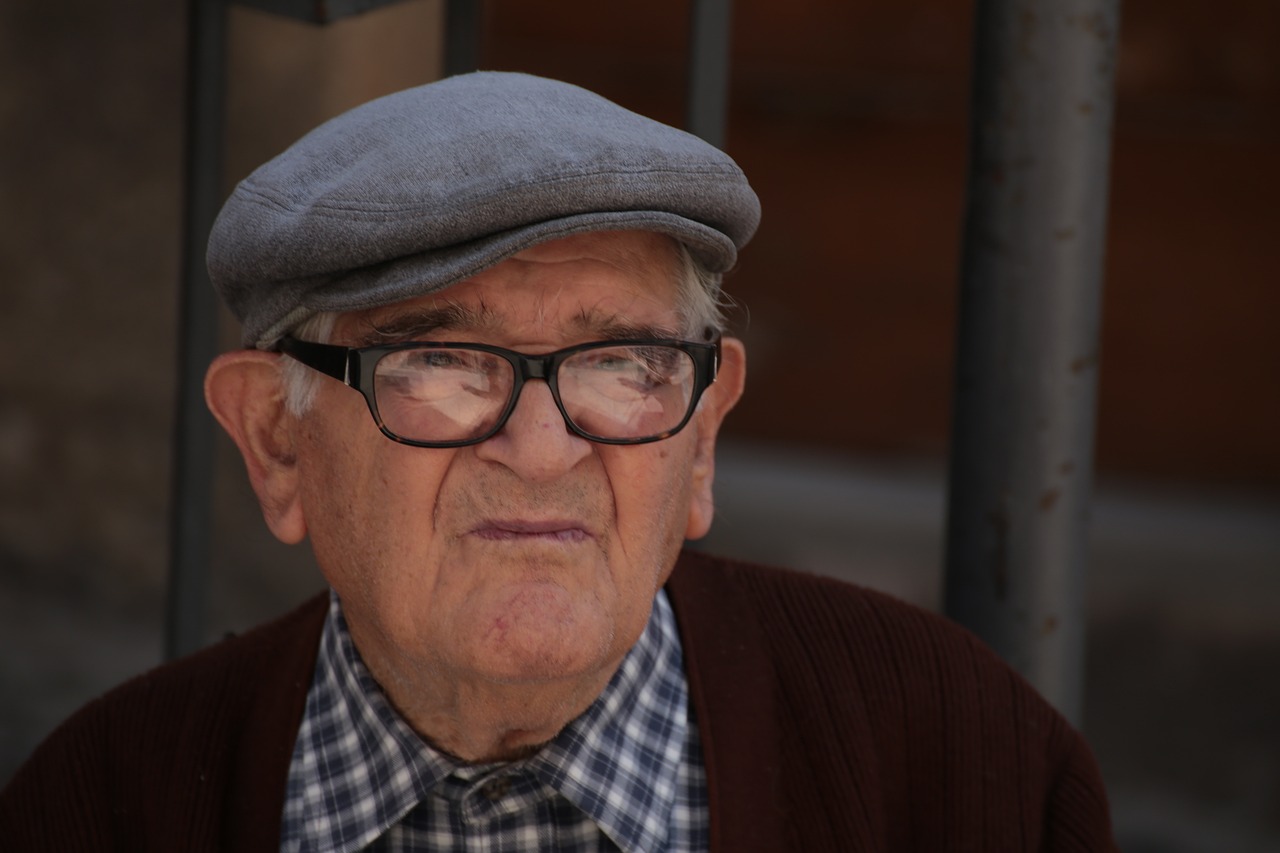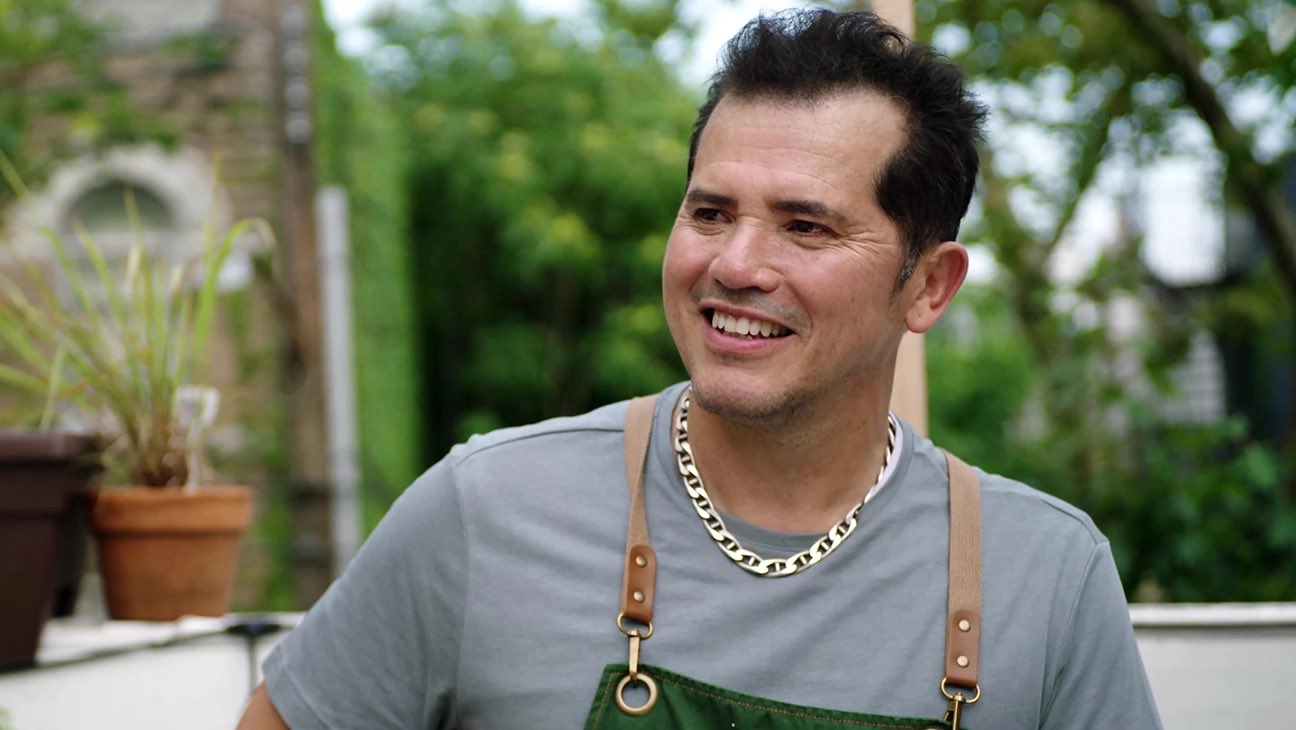
Health workers come out in force to discuss Ebola
This year’s Infectious Disease week in Philadelphia brought hundreds to a discussion on preventing and treating Ebola and the lack of basic resources in West…
Hours after the U.S.’s first Ebola victim died, hundreds crowded in the Pennsylvania Convention Center, sitting shoulder to shoulder to hear the World Health Organization’s Dr. Robert Fowler discuss his personal experiences with the epidemic.
Fowler’s talk was part of Infectious Disease Week in Philadelphia, where health professionals and researchers gather to discuss battles against viruses and disease. But despite the other topics, demand to know more about responding to Ebola pushed people into hallways and extra conference rooms where they sat propped against the wall or stood with coffee and listened to best practices and challenges to treating a disease that has spread throughout West Africa in a matter of months, with 7,470 known cases and 3,431 deaths.
While treating patients in Sierra Leone, Liberia and Guinea, Fowler said that the main challenges to the disease were the lack of infrastructure in the countries. One slide photo showed what was once a major teaching hospital converted into a clinic, with patients asleep on the ground in walkways because no beds were available.
"It's hard to imagine getting the kind of medical care that you want when the patients don't have anywhere to lie," Fowler said.
Another slide showed a pool of blood that wasn’t cleaned up for days since there were no cleaning resources; another an Ebola-infected pile of discarded Personal Protective Equipment that West African health workers left out in the open for dogs and chickens to sift through. Fowler said that which education about safety practices is still an issue, many cases can be boiled down to an absence of soap or water to wash with after coming in contact with a patient. Something as simple as hydrating a patient could mean the difference between life and death, Fowler said.
Fowler mentioned simple methods of treatment outside the difficult-to-obtain experimental drugs, including hydration and anti-virals that could assist with therapy. He ended with a bottle of morphine.
"Many of these patients will, in fact, die,” Fowler said matter-of-factly from across the Atlantic. “We should try to afford them the most comfortable death possible."










LEAVE A COMMENT:
Join the discussion! Leave a comment.